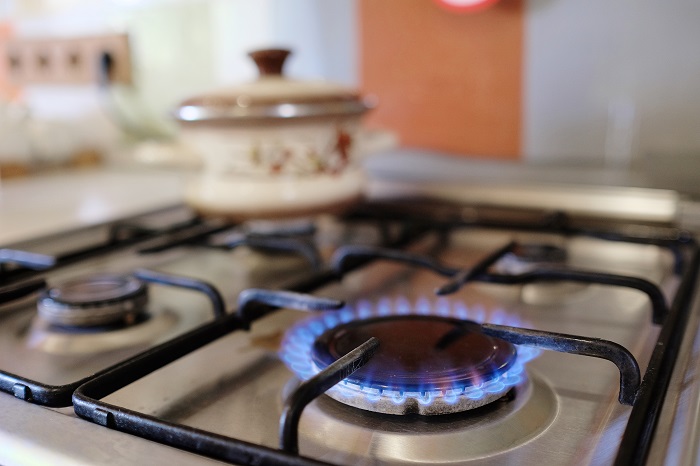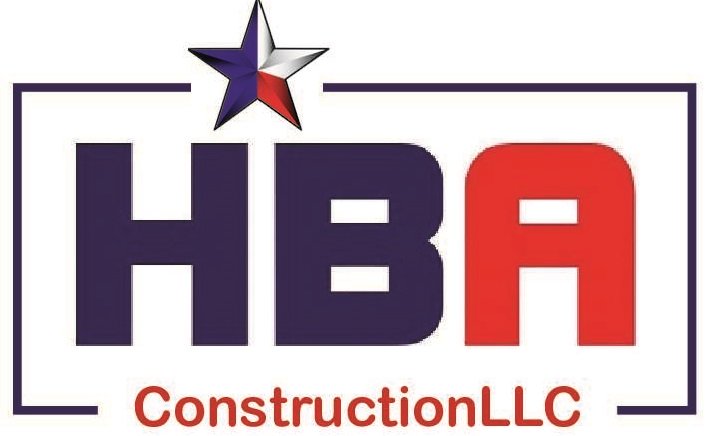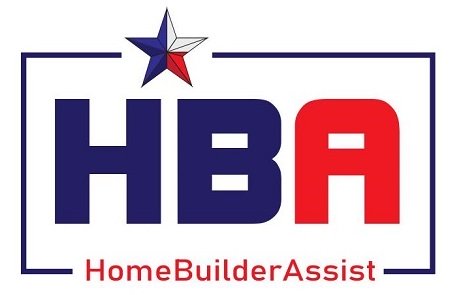Saving Money on Appliances
The Washington Post had a great article on about saving money on appliances. They published it in 2018. Here are some of the tips they shared with their readers.

Don't Focus on Seasonal Sales
You don’t need to time your purchases around Memorial Day, Black Friday or other sales events. "If you look at advertisements for appliances, you'll see appliances are always on sale," says Kevin Brasler, executive editor at Consumers Checkbook. "It's just one sale after another. But when you look at the prices they're offering, they're roughly the same." A 10-month investigation by Checkbook's mystery shoppers found that the sales prices — even heavily discounted ones — on home appliances at many well-known stores are more often than not the usual prices.
Get E-Mail Quotes
Although it pays to shop around when buying kitchen appliances, many consumers make the mistake of going to stores for quotes when they should be obtaining them through email. Doing so will not only help you save time but also protect you from succumbing to salespersons fact-to-face tactics. Plus, it forces stores to compete for your business.
In your email, say: “I’m contacting three to four local stores. You have one chance to give me your best price.” “This way you remove the entire negotiation process,” Brasler says.
Saving money on appliances also means making sure you’re getting the “all-in price” that includes installation and delivery costs and taxes. “A lot of online-only retailers don’t factor in delivery and installation,” Brasler warns. And check whether the store is willing to haul away your old appliances free.
Compare Price Matching Policies
If you have a favorite retailer - either because you are a member or because you have a store credit card that offers rewards - see whether the shop is willing to match the best price you obtained. Many big retailers do. Best Buy, for instance, matches the prices of local competition and major online retailers. Meanwhile, Home Depot offers customers a low-price guarantee on all in-store purchases, meaning the store will beat the price of a competitor by 10 percent.
Bundle
You can save a bundle by bundling. According to DiClerico, buying three or more appliances together could reap up to 20 percent in discounts.
Saving Money on Appliances through DIY Installation
Installing appliances takes a certain amount of know-how, but most people are capable of tackling the task if they take the time to familiarize themselves with the process.
Here are some things to know before you decide to install an appliance on your own.
3 Things To Do During the Appliance Installation

Shut off the water or gas valve - Before installing appliances, turn off any water or gas valves that lead directly to the appliance, and turn them back on when you’re finished.Gill says it’s important to properly hook up and test your gas appliances. After a gas dryer or oven is connected, Gill recommends conducting a bubble test. This involves applying dish soap to the connections and joints. If it bubbles around those areas, there's a leak.
Gather the necessary accessories - Take note of what’s included with the new appliance, and what you may need to purchase separately. You might need new plugs (three-pronged vs. four-pronged), pipe, vents or drainage paraphernalia to complete the installation.“Do the existing appliances already have a cord?" Gill says. "If they do, you can take the cord off. If the hoses are over five years old on a washing machine, it's a good idea to replace them every five years.”Gill adds that you may want to buy new connections for the other appliances, too, if they're old.
Make sure the appliances are level - It’s important to make sure all of the appliances are level. A washing machines can leak if it's not level. Also, check that an anti-tip device is installed on the oven, so it can’t tip over and injure someone.




